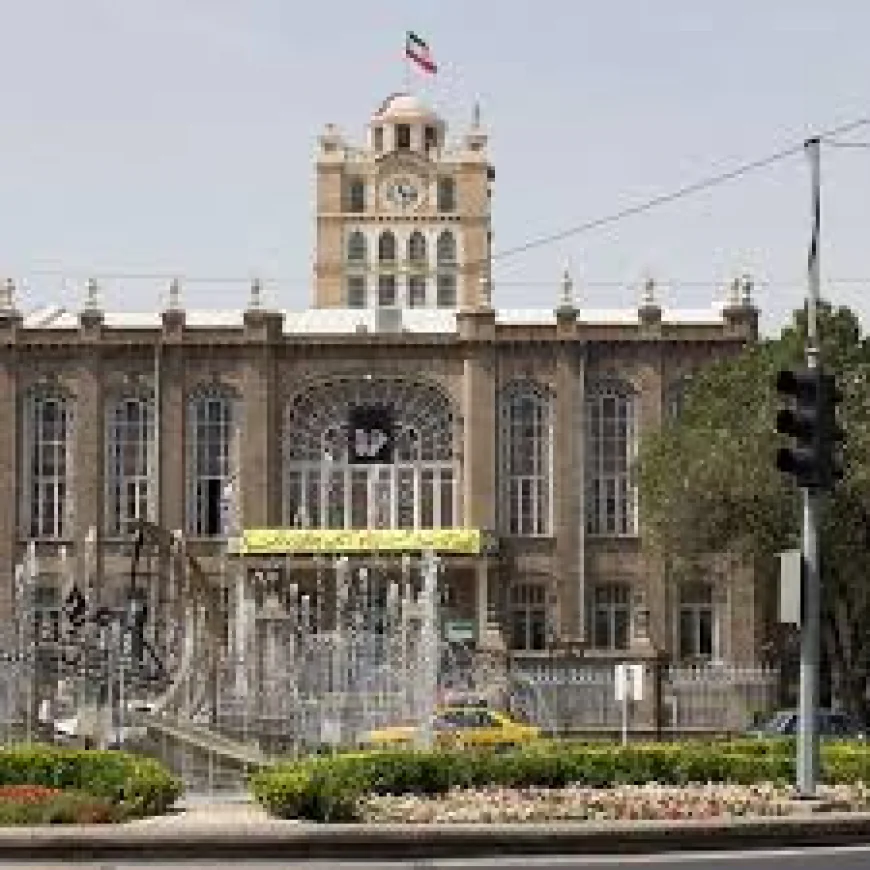Spy Purge: Iran Unleashes Brutal Crackdown, Executing Alleged Israeli Agents

Iranian authorities have launched a crackdown involving mass arrests and executions after recent tensions with Israel. Many of those detained are suspected of links to Israeli intelligence agencies. This crackdown follows claims of an unprecedented level of infiltration by Israeli spies within Iran’s security forces.
Officials believe that intelligence shared with Israel helped carry out targeted killings of top IRGC commanders and nuclear scientists. Iran links these assassinations to Mossad agents operating inside the country, which has stunned its leaders. The precision and scale of the strikes have prompted a harsh response. Authorities justify their actions as efforts to protect national security. Many see this as a way to suppress dissent and tighten control over their people.
During the 12-day conflict, Iran carried out three executions of alleged spies for Israel. Just a day after the ceasefire, three more individuals faced the same fate. The government also claims to have arrested hundreds of suspected spies across Iran. State TV aired confessions from some detainees, claiming they worked with Israeli agents.
Rights groups raise concerns about these claims. Iran has a history of forcing confessions and holding unfair trials. Many fear more executions could follow. Iran’s Intelligence Ministry claims to be fighting a persistent battle against Western and Israeli spy networks, including the CIA, Mossad, and MI6.
According to Fars News Agency, which is connected to the IRGC, since Israel’s attack on Iran started on June 13, the spy network inside Iran has become highly active. Over 12 days, Iranian forces detained more than 700 suspected spies. People in Iran say they received messages warning them that their phone numbers appear on social media pages linked to Israel. They were told to delete these pages or face prosecution.
The government also put pressure on journalists working for Persian-language outlets abroad. BBC Persian and Iran International, based in London, face heavy scrutiny. Iran International reports that the IRGC detained the families of one of its presenters in Tehran. They pressured her to quit over her reporting on the Iran-Israel conflict. Her father received a call from security agents, urging her to leave her job.
Threats against BBC Persian staff and their families have grown more severe since the conflict started. Security officials have told families that targeting relatives is justified in wartime. Some journalists were called “mohareb,” a term meaning “one who wages war against God.” This charge has a death penalty under Iranian law. Similar threats and demands to cut ties with media outlets have been reported by Manoto TV as well. Family members of staff are accused of crimes like espionage and hostility against God—both capital offenses.
Analysts see these moves as part of a wider effort to silence critics and intimidate those working outside Iran. Security forces have detained many activists, writers, and artists, often without formal charges. Some arrests targeted families of those killed during protests in 2022. Authorities aim to crush current opposition and punish past dissent.
During the conflict, Iran cut off much of the internet. Even after the ceasefire, access remains limited. The government regularly shuts down or restricts online communication during crises. Popular sites like Instagram, Telegram, X, YouTube, and news outlets like BBC Persian are blocked unless accessed with a VPN.
Many compare Iran’s crackdown now to the 1980s, during the Iran-Iraq War. Back then, the government used brutal tactics to crush political opponents. After the recent war, fears rise that Iran may turn inward again. Its international reputation is weakened, and authorities might resort to mass arrests and executions to stay in control.
People also remember the events of 1988, when thousands of political prisoners were executed secretly. Many had already been jailed or sentenced. Trials were rushed and secret, often by so-called “death commissions.” They buried most victims in unmarked mass graves. This dark chapter still weighs on Iran’s future actions.


